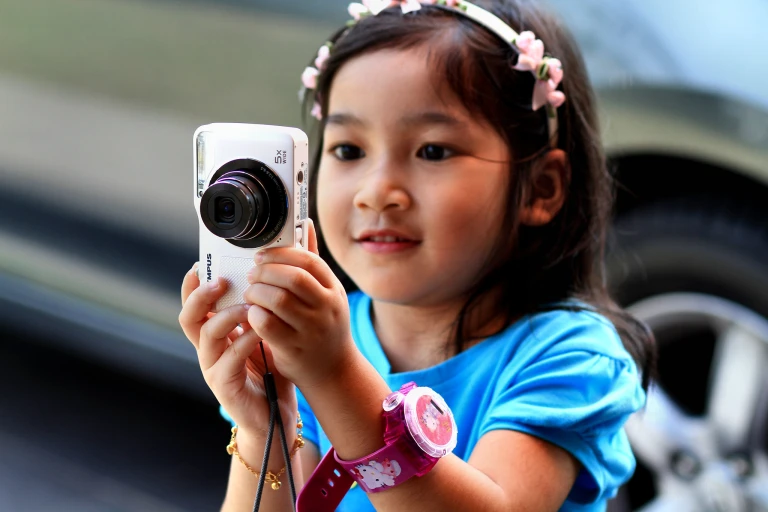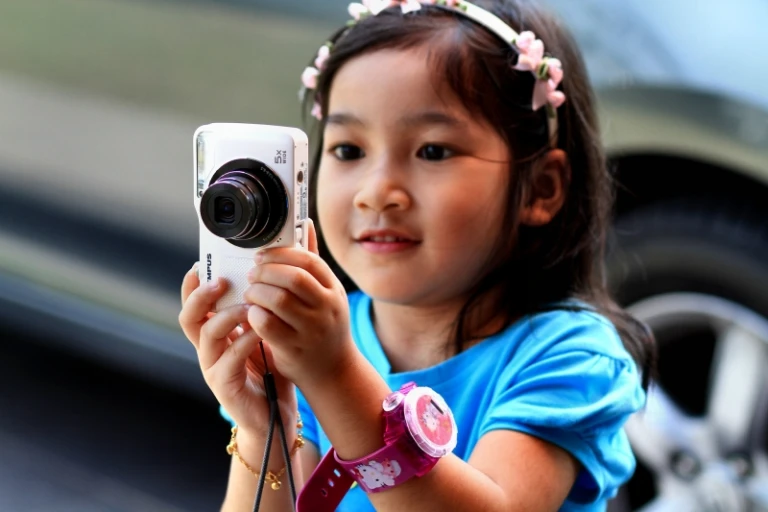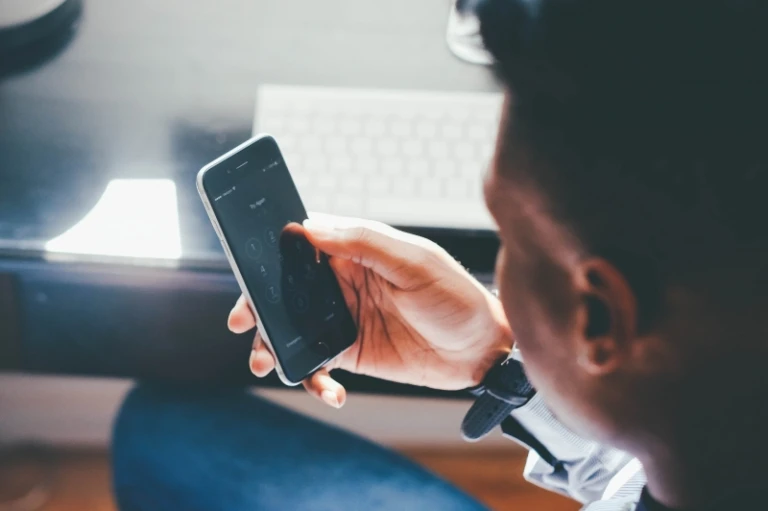Besides mountains, Sabah has so much to offer its visitors from vast clear blue waters to rare native wildlife. You will never be bored when you visit this hidden gem of Malaysia.
Technology Changes How Muslims Celebrate Eid

Billions of Muslims worldwide would be busy over the next few days celebrating Eid ul Fitri, marking the end of Ramadan. In today’s tech-savvy world, Muslims are changing how they celebrate Eid with the help of smartphones and apps.
During this year’s Ramadan, there was a significant increase in app downloads as Muslims are increasingly turning to their phones to shop or simply search for information.
According to Appsflyer 2019 Market Insights, app installation rate grew up to 26 per cent in 2018 in Muslim-friendly countries such as Malaysia, Indonesia and Singapore. Travel, social and messaging apps are among the popular downloads during and after Ramadan, followed by shopping apps.
Convenience of technology

Muslims in Malaysia and Indonesia are using the technology to monitor traffic on apps like Waze. Many depended on such apps to identify traffic patterns and avoid major traffic congestions when travelling home to celebrate Eid with their loved ones.
Despite technology’s stigma of creating boundaries with less intimate and personal interactions, Muslims are actually using technology to be closer with their families and friends during the festive season.
Also read: Celebrating Eid in Singapore, As Told by the HalalZilla Team
Staying in touch with technology
The use of messaging apps to send Eid wishes is another way technology has changed how Muslims celebrate Eid. Traditionally, Muslims would send greeting cards as a way to send well wishes. But recently, more people are using texting services such as WhatsApp to send their Eid wishes. Some are applauding such changes as it helps reduce paper wastage.

Furthermore, these social apps allow loved ones to stay in touch during Eid ul Fitri. Popular apps such as Skype, Facetime and others allow for easy communication that enhances interaction beyond the limitations of text messaging and phone calls.
Also, social media platforms are often used as a tool to keep each other updated. Whether it’s sharing pictures or updating their blogs, Muslims are using the Internet to reconnect with each other.

Popular search engine giant, Google, has reported search spikes during both Ramadan and Eid. It is reported that Muslims are increasingly using the Internet to look up for food recipes or cooking tutorials to prepare for Eid.
There’s a 28 per cent and 35 per cent increase in Malaysia and Indonesia respectively on YouTube. Such searches are usually done when planning to welcome guests for the festive season.
Technology is not just for enjoyment. It’s also being adapted to make sure Muslims with disabilities are able to celebrate Eid. Such apps like Deria Takbir transforms real-time sound waves into visual and tactile feedback. This would allow those with hearing impairments to listen to the Eid Takbir. Despite the core practices of Eid ul Fitri still being practised, technology has allowed for the celebrations to be more inclusive.
Also read: Does The Real Purpose of Eid Still Shine Through Today?
Published at
About Author
Inshirah Majid
Subscribe our Newsletter
Get our weekly tips and travel news!
Recommended Articles
10 Hidden Gems of Sabah, Malaysia 10 Muslim Footballers That Will Inspire You And Your Goals HalalZilla consults the great archives of football to handpick our top Muslim players who’ve ever laced a pair of boots in the big leagues – especially those you didn’t know were Muslim!
10 Muslim-Friendly Islands in Indonesia Many travellers have either been to Bali and Lombok, or are planning a trip there – they are the most popular tourist destinations for Muslim and non-Muslim alike. . While these islands are tourist-friendly and especially Muslim-friendly, there are many other islands in Indonesia that are just as beautiful and have lots to offer. Check […]
12 Culture Shocks You’ll Experience During Umrah Welcome to the land of blessings & calmness ~
2019 Emirates FA Cup Final Winners Will Celebrate With Non-Alcoholic Champagne Regardless of the team you support, it’s heartening to know that the winners will be offered non-alcoholic champagne to cater to those who don’t drink.
Latest Articles
8 Bakery in Bandung Every Muslim Tourists Need to Visit for Their Sweet Escape A delightful array of sweet treats!
Cycling in Japan? New Fines You Should Know—Especially if You're Renting a Bike Fines up to S$108 for tourists, tsk tsk
Is It Safe to Travel to India Right Now? What Muslim Travellers Need to Know (May 2025) Do avoid Jammu, Kashmir and border areas for security purpose!
Hagia Sophia Mosque Remains Open During Dome Restoration – Travel Tips Inside! Hagia Sophia was one of the largest cathedral that is reconverted into a mosque in 2020!
New Disneyland Abu Dhabi Guide: Opening Date, Location, Attractions & Muslim-Friendly Features It's the first-ever Disney Park in the Middle East!

